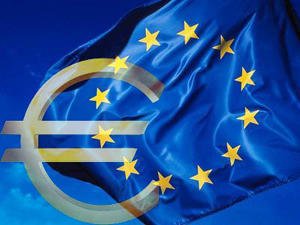
In an unprecedented move, the European Union will ban travelers from outside the bloc for 30 days in order to seal its borders amid the coronavirus crisis.
The measure is expected to apply to 26 EU states as well as Iceland, Liechtenstein, Norway and Switzerland. UK citizens will be unaffected.
The travel ban came as deaths continued to soar in Italy and Spain, and France began a strict lockdown.
Europe, which is now the “epicenter of pandemic”, has been badly hit by the coronavirus, which has killed 7,500 globally.
Meanwhile, the Euro 2020 soccer championship has been postponed by a year.
According to the WHO, the virus has infected more than 185,000 people worldwide.
Coronavirus: France and Spain in Partial Lockdown
Coronavirus: WHO Labels Outbreak as A Pandemic
Coronavirus: Italy in Full Lockdown to Curb COVID-19 Spread
The travel ban will affect all non-EU nationals from visiting the bloc, except long-term residents, family members of EU nationals and diplomats, cross-border and healthcare workers, and people transporting goods.
Free travel is a cherished principle within the European border-free Schengen area. However, in recent days many countries have unilaterally imposed full or partial border shutdowns in a bid to stop the spread of the coronavirus.
This prompted the EU Commission to propose that the bloc act in a more unified fashion and restrict entry to the union as a whole, at the urging of French President Emmanuel Macron.
The measures were agreed in a video-summit between EU leaders on March 17 and will now have to be implemented by member states.
EU Commission chief Ursula von der Leyen said at a press conference: “They said they will immediately do that.
“This is good, so that we have a unanimous and united approach [where] the external borders are concerned.”
The UK and the Republic of Ireland – which is part of the EU but not Schengen – will be invited to join the measure.
